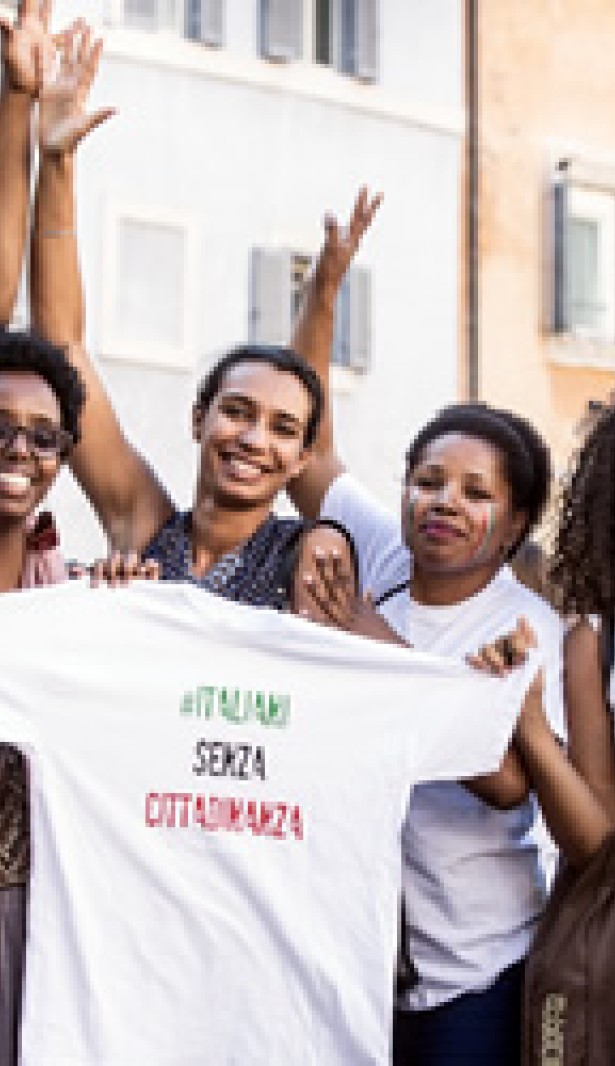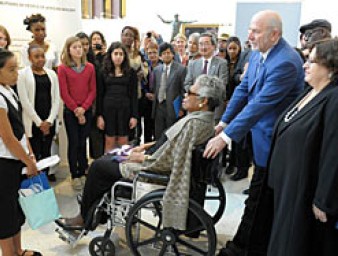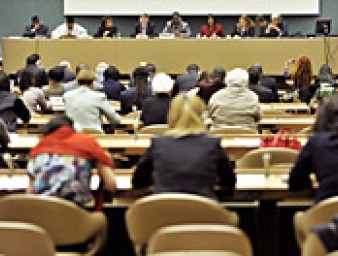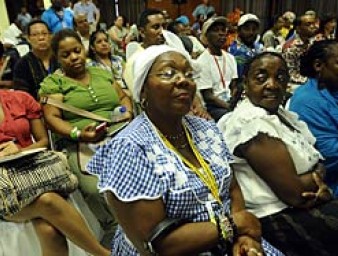People of African descent demand action to end racial discrimination
22 March 2018
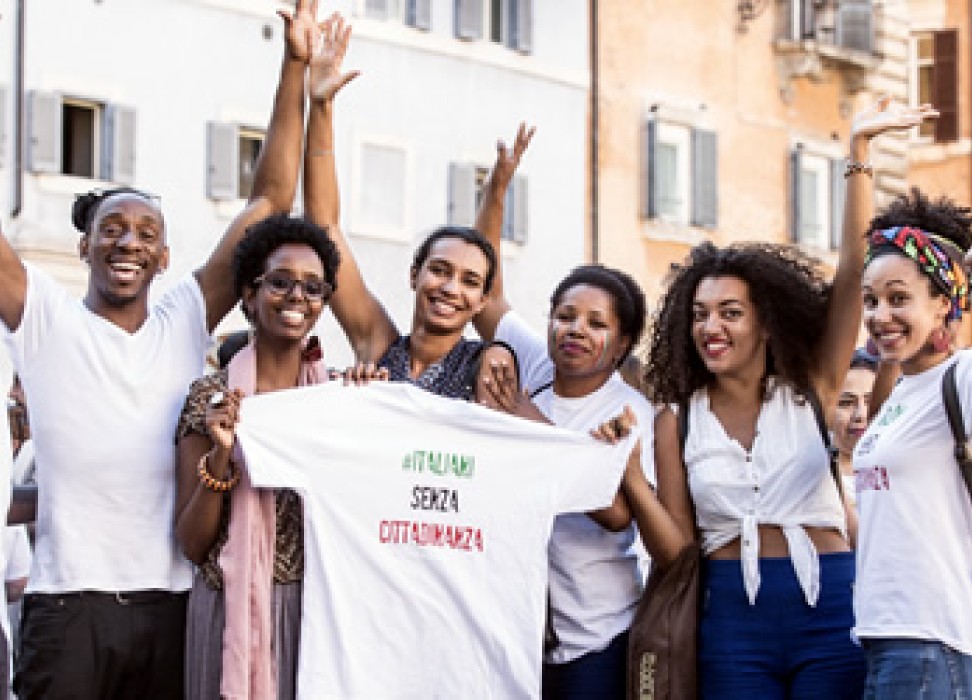
The task of fully realizing the human rights of people of African descent is an urgent one for all of humanity, High Commissioner for Human Rights Zeid Ra’ad Al Hussein has said.
Speaking at the commemoration of the International Day for the Elimination of Racial Discrimination at the United Headquarters in New York on Wednesday, 21 March 2018, the High Commissioner said that racism not only impoverishes the victims economically, but it also impoverishes the soul and conscience of the racist.
“Racism harms, and harms not only the lives of those who endure it, but also society as a whole. It deepens mistrust, casting suspicion on all sides and tearing apart the social fabric,” he said. “And forcing back large numbers from realizing their potential, it hampers the economic development to be enjoyed by everyone.”
The commemorative event focused on the contributions and challenges of the more than 200 million people outside Africa who identify themselves as being of African descent.
The High Commissioner said that despite the abolition of slavery and the many victories over legalized segregation and new measures for inclusion and social justice, “People of African descent continue to face racism and racial discrimination in a very broad range of circumstances” fueled by messages of fear and violence that are propagated for political gain.
Discussing what would be an effective path for People of African Descent to achieve the Sustainable Development Goals, renowned American human rights activist, Rev. Jesse Jackson Sr, said “Effort and excellence mean a lot. But inheritance and access mean a lot more.”
Without access to capital, technology and other economic opportunities, he explained, “free and equal is radically insufficient.” He emphasised the importance of democratic political participation as a means for People of African Descent to realise their human rights.
Peruvian singer and songwriter, and former Minister of Culture of Peru, Susana Baca, shared her experiences on what it means to be of African descent in a multicultural society.
“Experiencing blackness in a setting of racial diversity can be painful,” she said. She emphasized, however, that being black or of mixed heritage was a source of immense pride.
“I never saw my mum cry because she is black,” she said. Rather, her experiences gave her a foundation of “solidarity and forgiveness,” which made her welcoming of those in need.
French journalist, writer and film maker Rokhaya Diallo and Gwen Dressaire, Christian worship leader, shared their painful experiences of confronting institutionalised racial discrimination, saying that racism cannot be allowed to flourish.
Gay McDougall, a member of the UN Committee on the Elimination of Racial Discrimination, traced the path of international action against racial discrimination, highlighting the influence of the UN Charter, the Universal Declaration of Human Rights, which marks its 70th anniversary this year, the Convention on Elimination of all Forms of Racial Discrimination of 1965 and the Durban Declaration and Plan of Action against Racism of 2001.
“We must all recommit ourselves to bringing this outrageous abuse to an end,” she said.
22 March 2018
